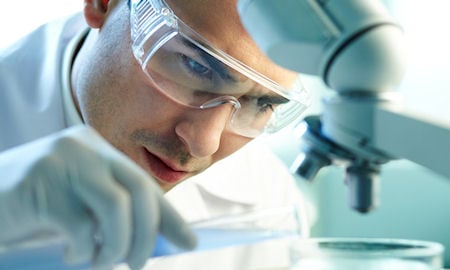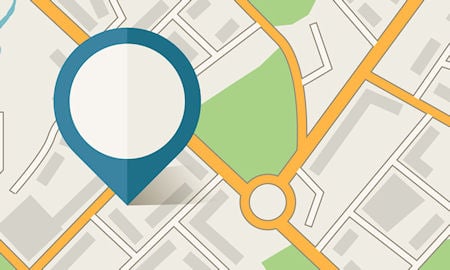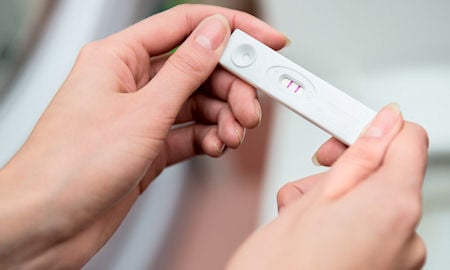
Who Needs An Egg Donor?
TRANSCRIPT
I am Dr. John Norian. I am a board certified reproductive endocrinologist from Southern California.
Slide 1: Who needs donor eggs? Older women with age related fertility decline are the main group of patients who need donor eggs. Some younger women have early ovarian failure or ovarian insufficiency where both their number of eggs and ovarian function are greatly diminished. Same sex male couples or single males also require donor eggs as part of fertility treatments. Lastly, certain rare genetic conditions may require donor eggs.
Slide 2: We believe that women are born with a set number of eggs. Over time this number decreases each month. As women age the quality of the remaining eggs declines and is most notable between the ages of 33 to 35 years old.
Slide 3: The decline in fertility corresponds with the loss of eggs as females age. At birth this number declines from 6 to 7 million eggs to approximately 1 to 2 million. When you enter puberty, you have on average 400,000 eggs. Each month, whether a woman is using hormonal contraception or not, a given number of eggs will be absorbed. By menopause, on average only 1,000 eggs remain, most all of poor quality.
Slide 4: There are different screening tests to assess a woman’s response to fertility medications. These test do not assess the quality of her eggs. The eggs live in the resting antral follicles. Having more than 12 resting follicles on ultrasound predicts a favorable response to medications. Women with fewer than 5 resting follicles will not respond well to medications and may need Donor Eggs as part of their fertility treatments. In addition to an ultrasound assessment, blood tests for AMH (anti-mullerian hormone), and/or cycle day 3 FSH (follicle stimulating hormone) and estradiol levels also predict a woman’s response to stimulation medications. Different cut-off values are used and you are encouraged to speak to your doctor about the results.
Slide 5: As you age, fertility declines. Around the ages of 33 to 34 to 35 years old, your likelihood of livebirth decreases. This is true for all women whether they have had a child before or not.
Slide 6: As women age, they are still able to have successful live births; however, this may include using a Donor Egg from a younger woman. The live birth rate for a woman using Donor Eggs in her forties is similar to a woman who is in her late twenties.
Slide 7: Premature ovarian insufficiency is a rare condition that affects certain young women in their teenage years to their early thirties. There are many different causes for this. Certain chromosomal conditions such as Turner Syndrome or rare genetic conditions may cause this. It is important for women with premature insufficiency to beware of their condition and how it may impact other important body systems including their bone health and other organ functions. Women with this condition can have children with the use of Donor Eggs.
Slide 8: What should you consider when selecting an Egg Donor? It is often favorable to select an egg donor in her twenties who is healthy herself without any significant family history. Intended parents often will learn about the egg donors personal traits including her hair color, eye color, height and weight. Egg donors will often write essays describing their personalities and why they would like to be an Egg Donor.
Slide 9: Same sex male couples or single males who want to conceive need donor eggs and a gestational carrier, a different woman who will carry the pregnancy but not have a direct biologic link to the child. State regulations and laws differ, so you are encouraged to work with a local agency and reproductive specialist. In these situations, extra steps need to be taken in order to ensure the health and safety of everyone involved, including the developing fetus. This is overseen by the FDA.
Slide 10: Many different people require the use of an Egg Donor, particularly women with age related fertiltiy decline. Several screening tests, can assess a woman’s ovarian reserve and her response to fertility stimulation medications. Premature ovarian insufficiency is rare and often requires the use of an egg donor to assist with a woman’s fertility. There are many different factors to consider when selecting an Egg Donor including her age, personal health history, and family history.

